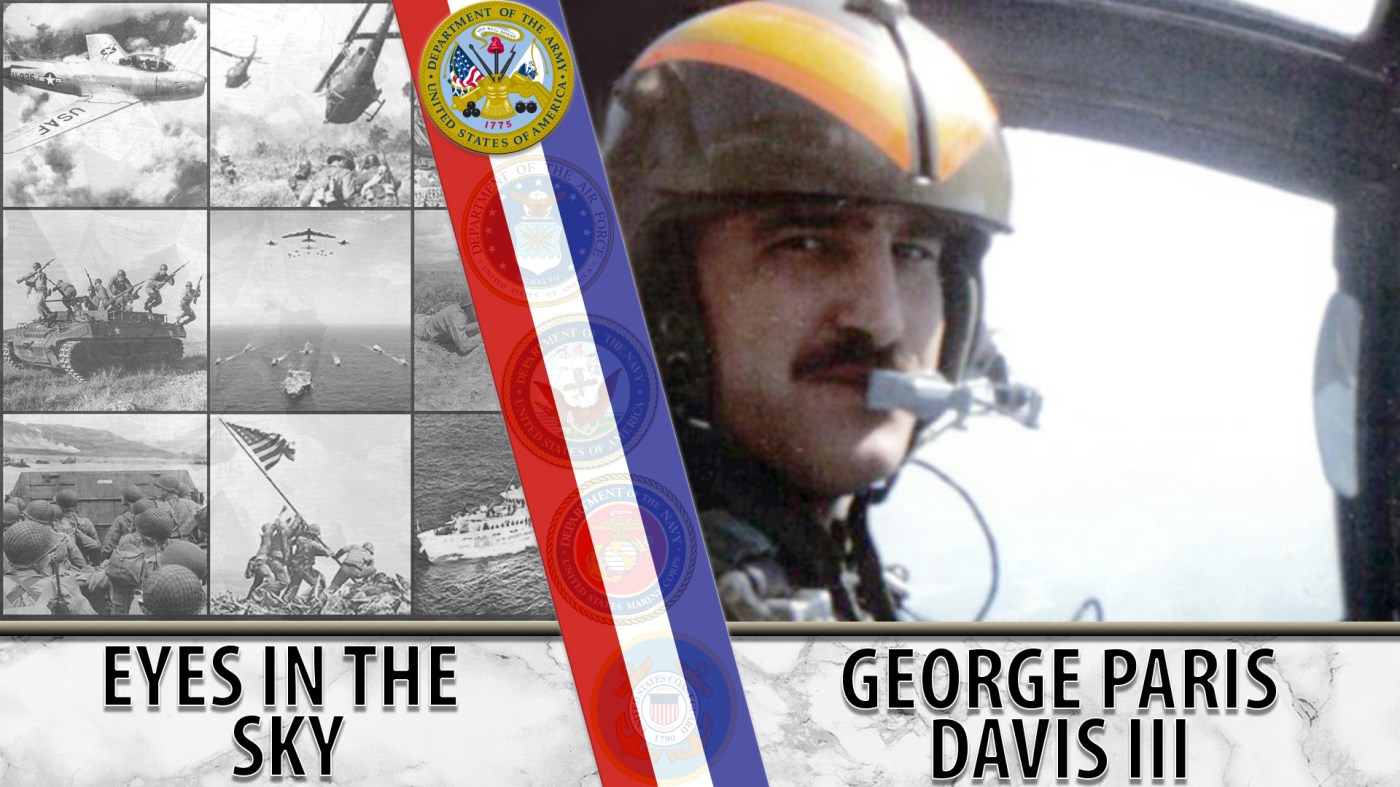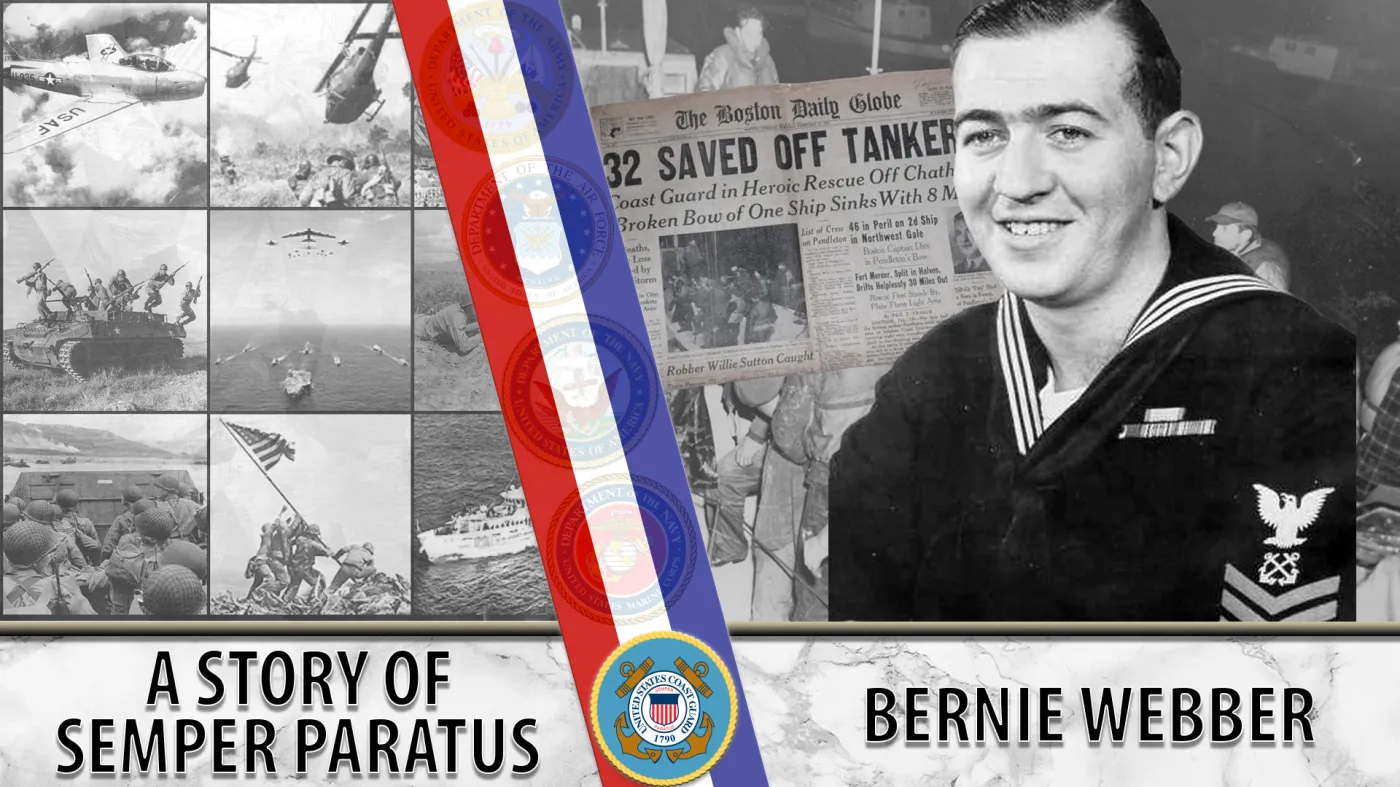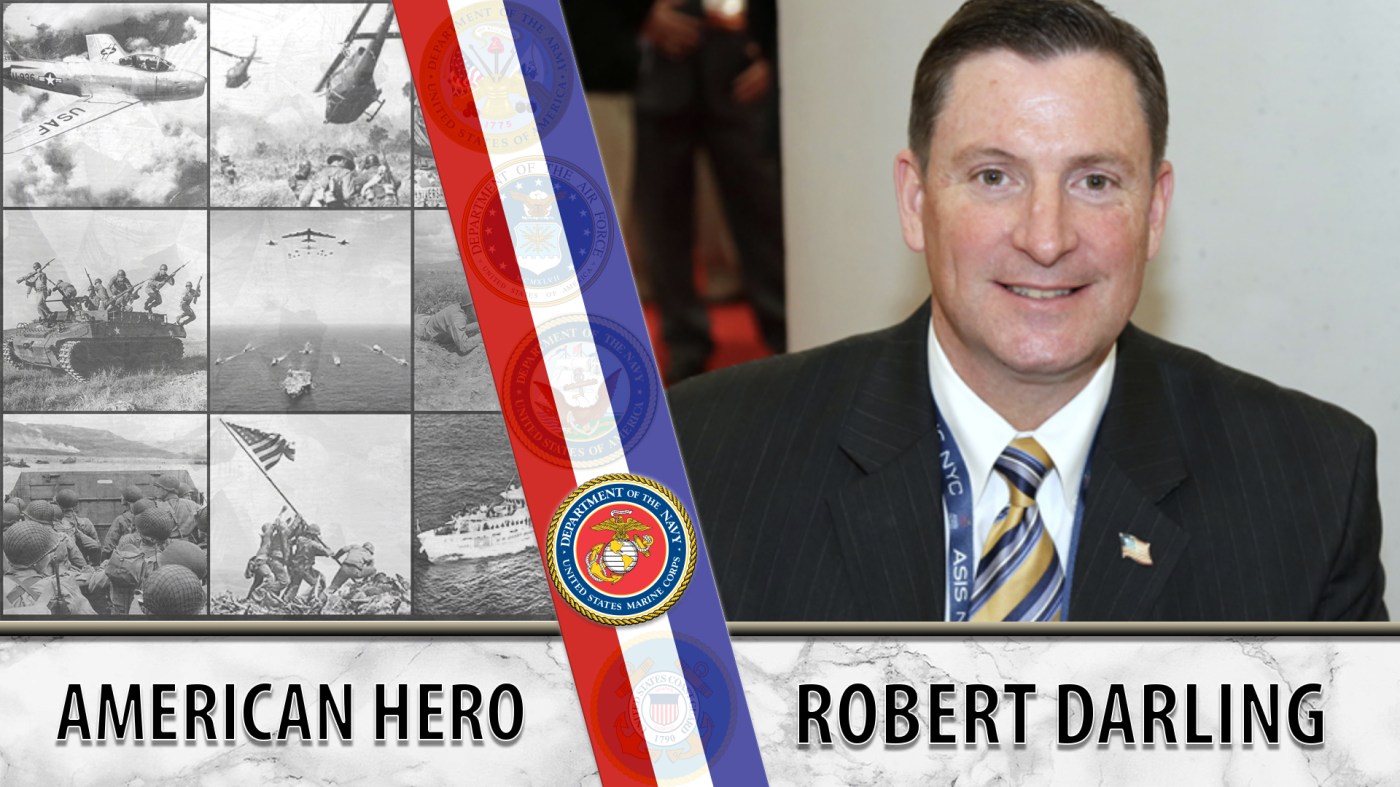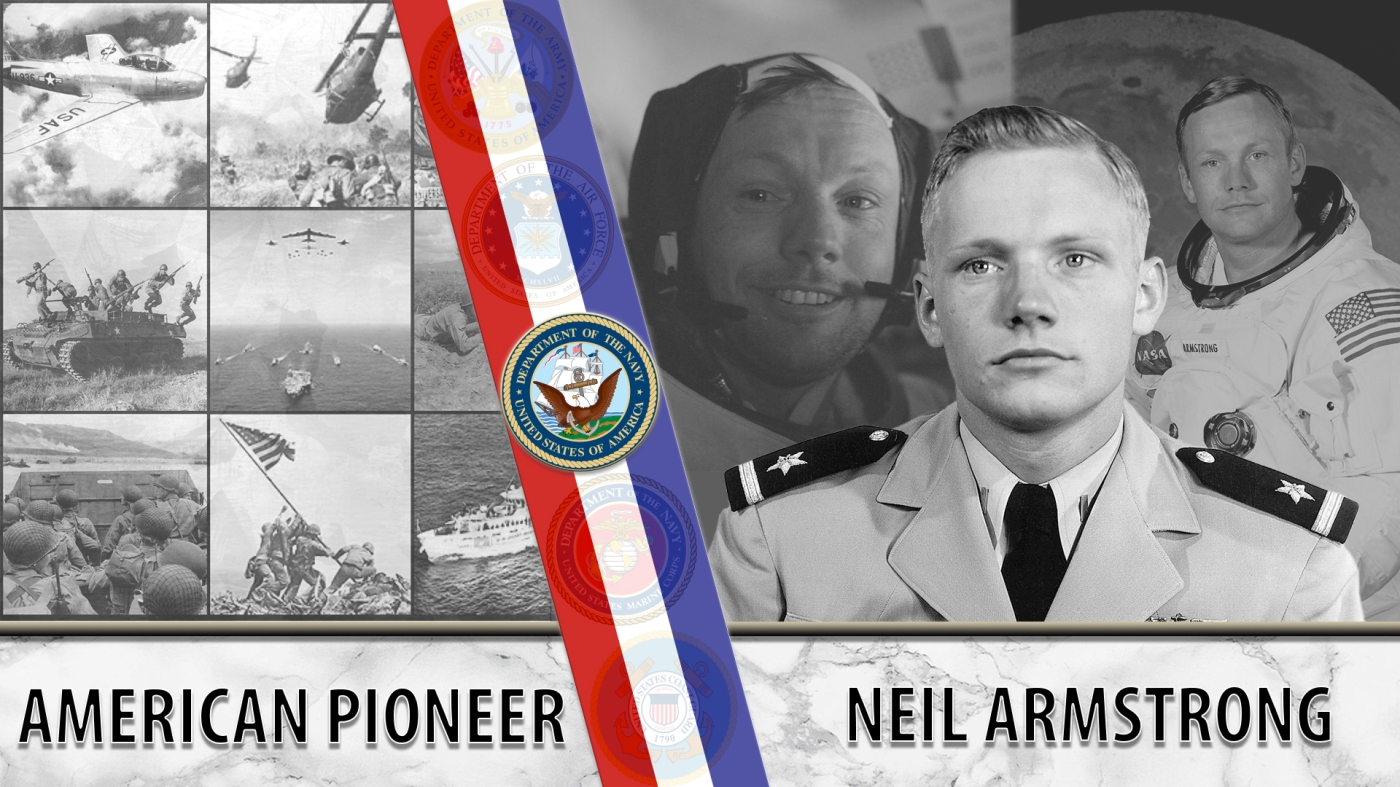
In his 20-year career with the Army, George Paris Davis III flew clandestine missions at the end of the Vietnam War and later worked in intelligence.
George Paris Davis III’s post-secondary goals were very different from his peers, who often sought student deferments to avoid being drafted: Davis attempted to join the Army in 1965, but was turned away due to arthritis in his knees. Davis enrolled in college, but dropped out and worked several jobs instead. Eventually, he got a doctor’s note saying that his knees were in good enough condition to serve his country.
Davis completed basic training at Fort Benning, where he soon grew attached to the discipline in the military. After a few years on active duty, he was offered entrance into Officer Candidate School (OCS), which he twice turned down. Two years later, he accepted.
After graduating from OCS in 1970, Davis got married. He also received an assignment to work in military intelligence.
His first deployment was to Fort Meade, Maryland, with the 66th MI Detachment with the 6th Armored Cavalry Regiment. The 6th Armored Cavalry was called in to quell civil disturbances in Washington, D.C.
Though Davis disagreed with the protestors, he respected their rights. He once gave his gas mask to a protester when the protester began having an epileptic fit after being tear-gassed.
Eventually, Davis received a call from his military branch assignments officer, who informed him that flight school had just been opened up to his branch. He wanted to attend, and soon became a pilot.
Vietnam
The Army sent Davis to Vietnam in March 1972. He reported to the 90th Replacement Depot in Saigon. Later, he completed aerial surveillance for the 131st Military Intelligence Company near the Marble Mountains, Da Nang. He repeatedly braved anti-aircraft fire hidden in the mountains and often flew under blackout conditions.
During his time in Vietnam, Davis flew about 100 missions. But by February 1973, the Army finally sent him home. After landing in California, he traveled to Baltimore, where his wife and parents awaited him.
Home
Davis’ home was across the street from a volunteer fire department. When the sirens wailed early one morning, the sound took him back to Vietnam. Panic attacks and cluster headaches soon set in. He soon became a member of Disabled American Veterans and Veterans of Foreign Wars, and eventually returned to college. After graduating, he worked for the Defense Intelligence Agency, where he provided intelligence support for Cold War operations. Later, he worked for several Fortune 500 companies in Washington, D.C., and also opened a framing shop.
Today, Davis misses flying. He also hopes that younger Veterans will get more involved with the VFW so that they can hear the stories of those who went before them. Davis recounts these stories and more at the Veteran’s History Project.
Writer: Jewel Luckow
Editor: Essence McPherson
Fact Checker: Adeline Sov
Graphics: Kimber Garland
Topics in this story
More Stories
Bernie Webber led one of the greatest Coast Guard rescues in history that was later chronicled in the book and movie, “The Finest Hours.”
As the events of 9/11 unfolded, Marine Veteran Robert Darling served as a liaison between the Pentagon and Vice President Dick Cheney in the underground bunker at the White House.
NASA astronaut Neil Armstrong was the first person to walk on the moon. He was also a seasoned Naval aviator.







THANK YOU for your service Army Veteran George Paris Davis III. Thank you for sharing your military experiences with the Veteran’s History Project. Thank you for your continued service and dedication to the DAV and Veterans of Foreign Wars VFW, and for being a great example to younger veterans. You have my respect and gratitude.